Transport depot gets the go ahead at Brisbane Polo Grounds
Residents are up in arms after hearing land previously dedicated as a sports facility in Brisbane’s southeast is set to be transformed into a huge transport depot, after a decision to reject the proposal was overturned.
Southeast
Don't miss out on the headlines from Southeast. Followed categories will be added to My News.
A controversial multimillion-dollar development proposal to transform the Brisbane Polo Grounds into a massive transport depot will now go ahead after the decision to reject the application was overturned.
The Brisbane City Council originally refused the application on September 19, 2020 for the 16,885 sqm site on 235 Murarrie Rd at Tingalpa, owned by Austin BMI director Balfour Irvine and David Charles Evans.
Plans included a 7000 sqm depot with a 16m-tall warehouse with facilities to store, wash and repair B-double semi trailers as well as office space and more than 70 carparking spaces.
$120M DEVELOPMENT TO CREATE HUNDREDS OF JOBS
COUNCIL TAPS INTO BREWERIES TO WAKE UP NIGHT-LIFE
MOTEL TO BE DEMOLISHED FOR CONTEMPORARY APARTMENTS
The proposal angered local residents from the start with flooding hazards and traffic being two of the main reasons the original proposal was rejected.
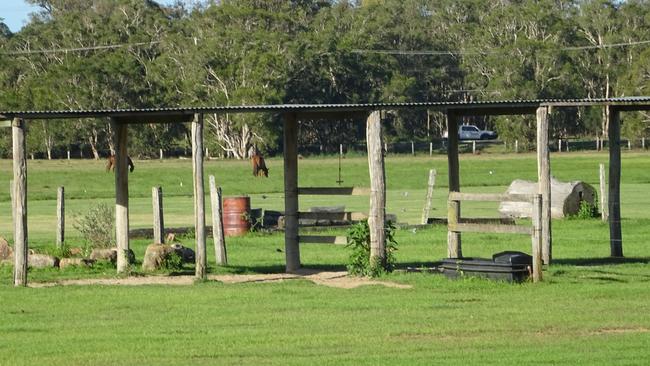
However, the BMI Group appealed Council’s decision in the Planning and Environment Court, who approved the development in September.
A Brisbane City Council spokesman said the approval came with 56 conditions the owner must comply with.
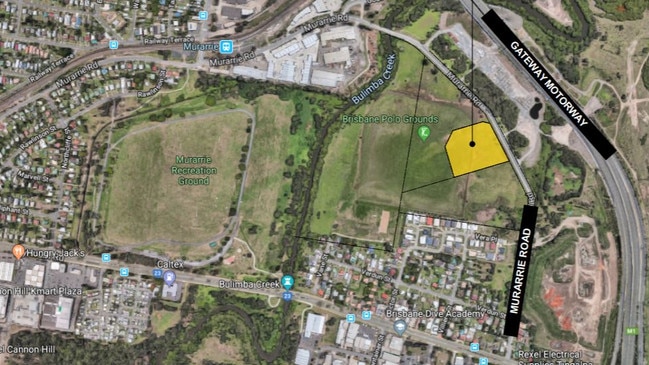
Those conditions include:
– Constructing a 36,000 sqm environmental protection zone, undertake significant planting along the southern and western edges of the site to act as a buffer for adjoining residents
– Select plants that will achieve full surface coverage within one year of planting
– Limit hours of operation, including commercial loading and unloading to between 7am and 6pm Monday to Saturday
– Construct a three metre-wide concrete pedestrian and bike path along the site frontage, to the western side of Murarrie Rd
– Ensure stormwater run-off from the site does not adversely impact on flooding or drainage of properties upstream, downstream or adjacent;
– Maintain vegetation and ecological features including:
– Vegetation and tree hollows
– Habitat features
– Ongoing weed control
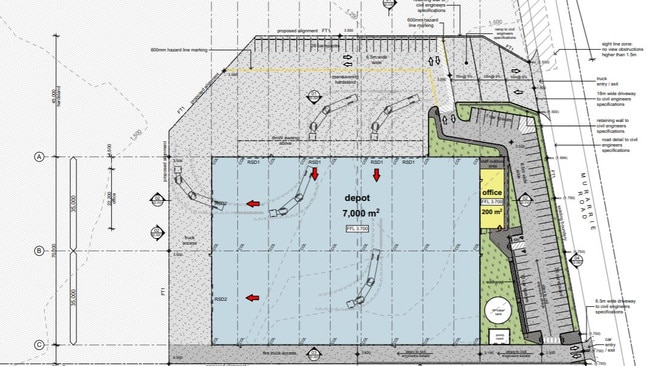
Councillor for Doboy (LNP) Lisa Atwood, who opposed the application publicly from the start, said she was angered by the decision.
“Council’s refusal of the Brisbane Polo Grounds proposal followed significant community feedback and to say I’m frustrated and disappointed with the Court’s approval would be an understatement,” she said.
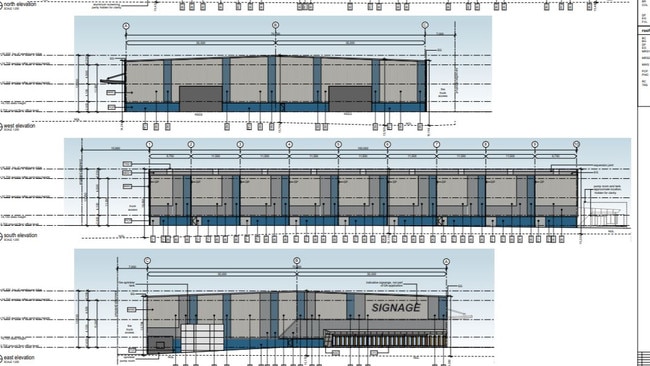
But the nearby Councillor for Wynnum Manly (ALP) and former leader of the opposition, Peter Cumming, said the changes made to the application had been negligible.
“Prior to the Council election in March, whenever enough submissions appeared opposing an application which was capable of generating media adverse to the LNP, the LNP Administration were refusing DAs, left, right and centre,” Cr Cumming said.
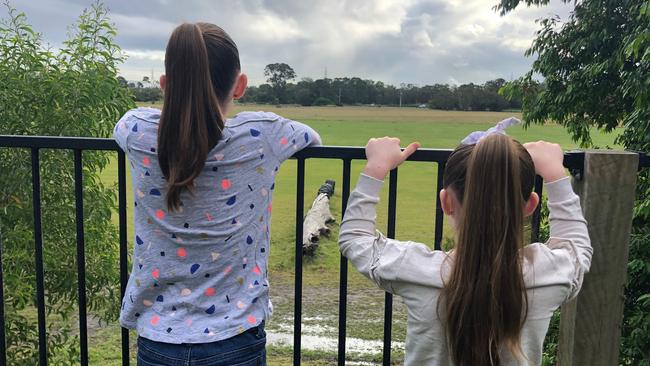
“At the time the LNP candidate for Doboy was opposing the application. What has she got to say for herself now?
“After the election, the LNP Administration did not fight the application in court but caved in and agreed to settle the court action, without a hearing. So the transport depot application was approved.”
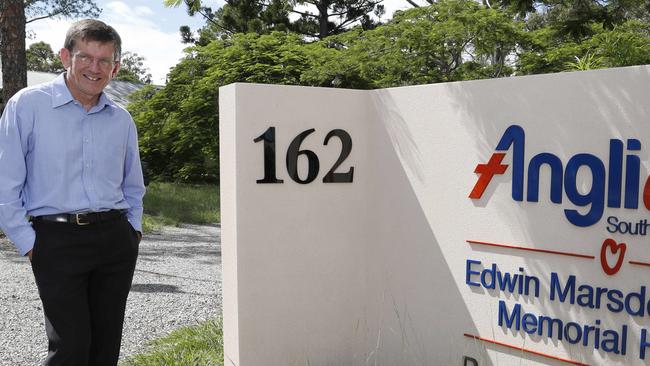
Cr Cumming said similar situations had happened in his ward, including the application by Anglicare for a high rise retirement village in the middle of a low density residential area in Lota, which was approved after being appealed.

But Cr Atwood said she had worked hard, along with members of the community to build a case against the proposal.
“I will continue working with residents to ensure the owner is meeting or exceeding all 56 of the court-imposed conditions,” she said.
Editor’s Note: After publication of this article Quest Community News was informed that the Planning and Environment Court approved the development because the parties, including Brisbane City Council, agreed that it should proceed. Those orders were made by consent and the court was not called upon to make any orders of its own.



